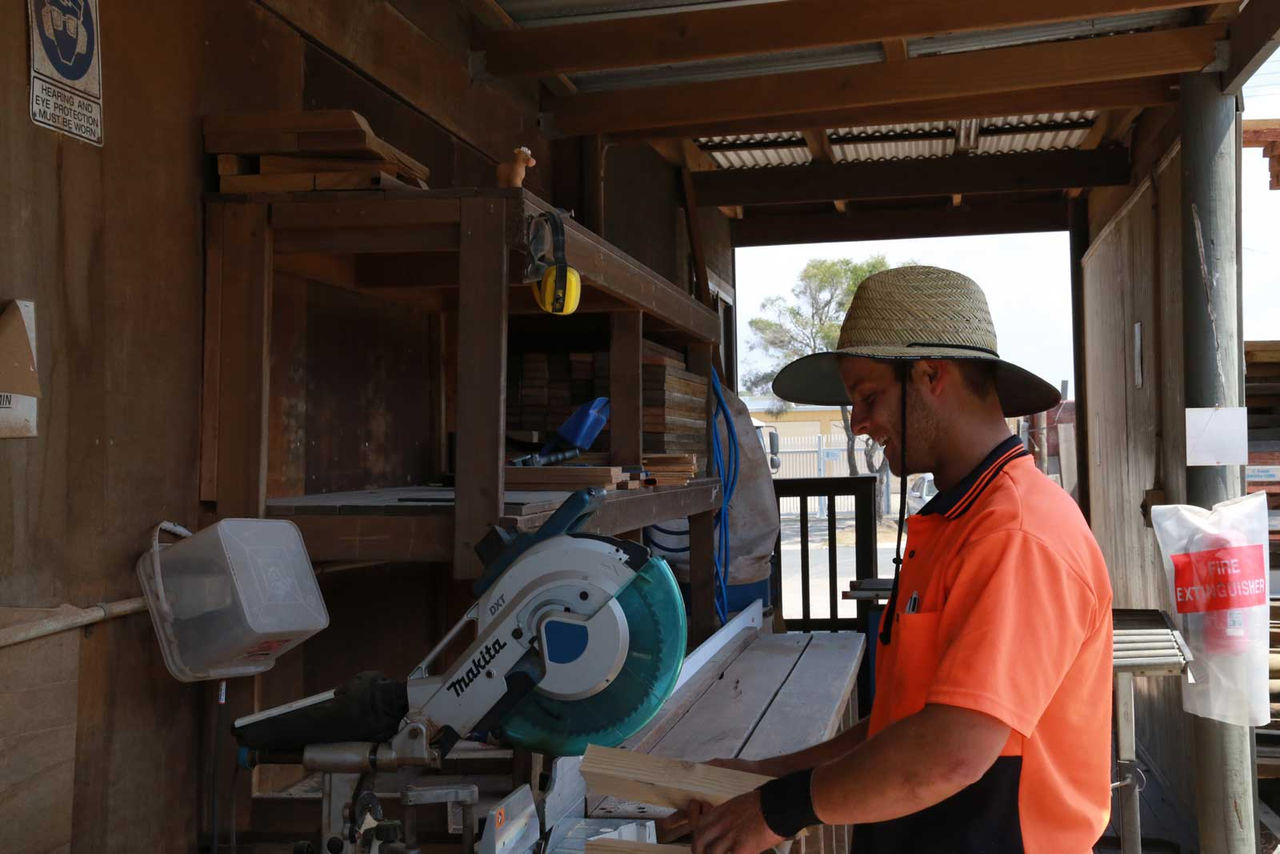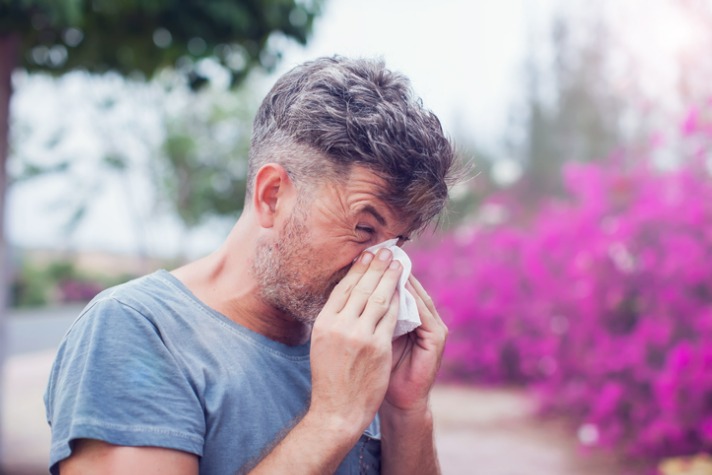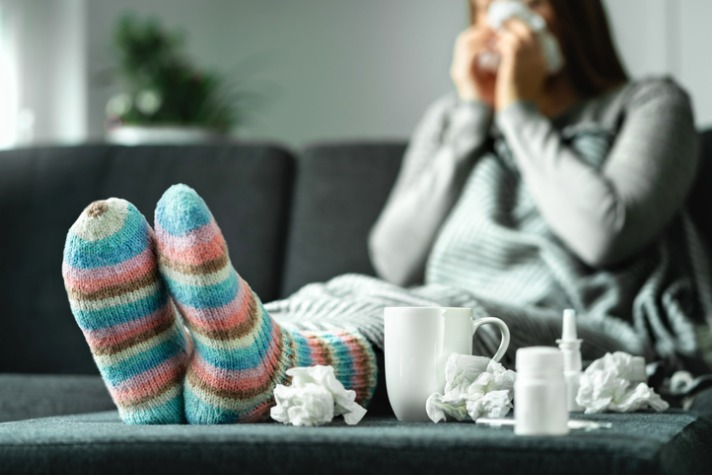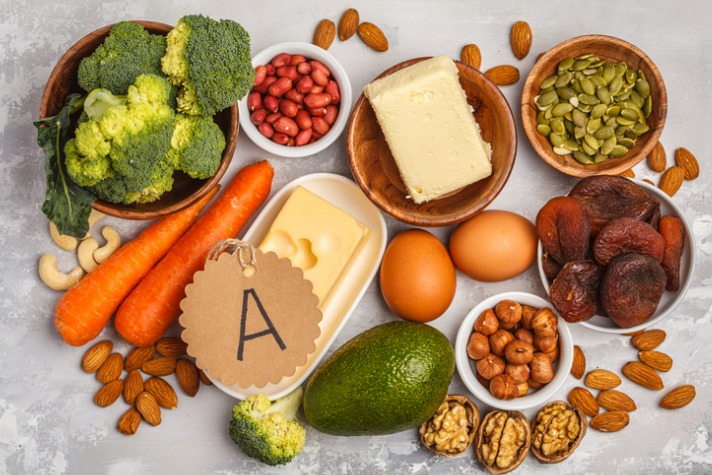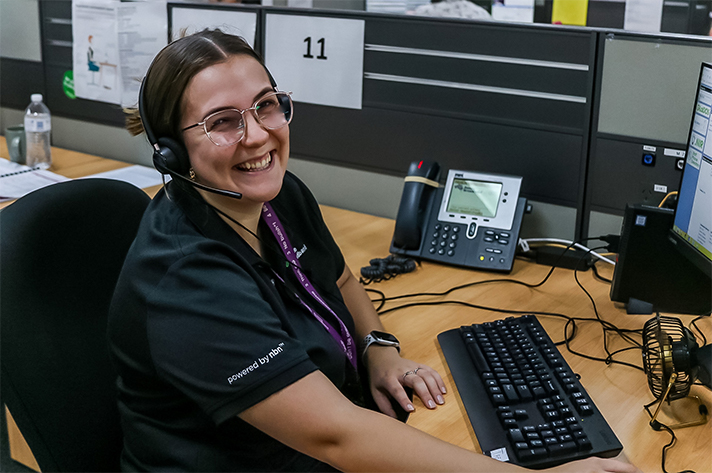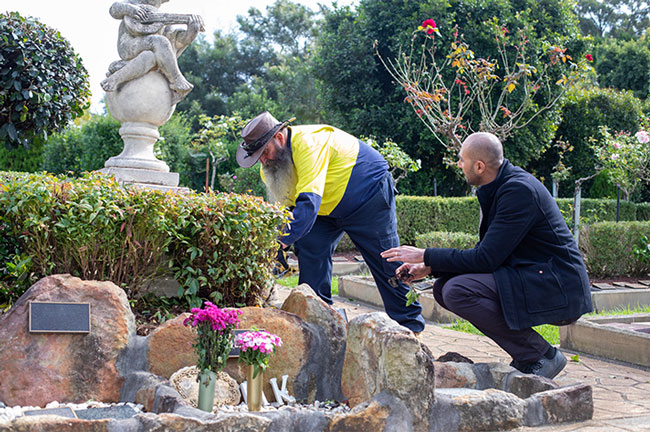How to drink responsibly
Published by MAXSolutions on July 12, 2022

Alcohol and how to drink responsibly
It is common for us to hear the phrase “drink responsibly”. In fact, alcoholic drinks and advertisements for alcoholic products are consistently promoting the “drink responsibly” message.
But what exactly does it mean to drink responsibly and what are the top tips to help you drink responsibly?
Many of us enjoy a drink, whether that’s to relax on the weekend with friends, or having a few drinks after work with colleagues. But its very easy for things to get out of hand and routine drinking can lead to habits that can cause addiction and long term health issues.
Why do I want to keep drinking alcohol?
It’s not uncommon for Australian adults to turn to alcohol when facing challenging times.
According to Lifeline, people are drawn to substances such as alcohol and drugs for a variety of complex reasons including to relax, have fun, and dull or escape emotional and physical pain.
Like many of these substances, alcohol is addictive which means you need increasingly more of it to experience the same effects and as you consume more, you’ll experience cravings and urges to continue consuming.
This means if you’re not consciously choosing to drink responsibly, you can easily become addicted to alcohol and experience a range of health and emotional repercussions discussed above.
Why should I drink responsibly?
According to Health Direct, no amount of alcohol can be said to be safe, and any alcohol consumption increases the risk of cancers and weight gain.
Drinking heavily and binge drinking causes a range of short-term issues for the body including dizziness, vomiting, loss of memory, coordination and judgement, headaches and those who are intoxicated are at higher risk of being in an accident or causing injury to others.
Heavy consumption of alcohol decreases our general wellbeing, increases our risk of injury and disease, interrupts sleep patterns, and impacts on family dynamics.
It also lowers our immune system, slows down the central nervous system and inhibits many of the brain’s functions.
According to Health Direct, some of the impacts on the body long term include:
- Increased risk of having stroke and developing dementia
- Increased blood pressure, heart damage and increased chance of heart attack
- Increased risk of liver cancer, stomach and bowel cancer
- Reduction in fertility for both men and women
- Hormonal cycle disruption for women.

What is considered responsible drinking?
The Australian Government’s National Health and Medical Research Council provides guidelines around how much alcohol healthy adults should consume when choosing to drink responsibly.
To cut the lifetime risk of harm from alcohol-related disease or injury, the Australian Guidelines recommend healthy adults should:
- Drink no more than 10 standards drinks a week
- Drink a maximum of 4 standard drinks on any one day
- Have at least 1 or 2 alcohol-free days per week.
What is a standard drink?
Understanding standard drink sizes is key to understanding how to drink responsibly.
A standard drink contains about 10 grams of pure alcohol.
It is understood that this is the amount of alcohol that healthy adult bodies can typically process over one hour.
However, the amount of standard drinks in each type of drink can vary and be difficult to understand.
Helpfully, all alcoholic drinks sold in Australia contain standard drink size information on the packaging as it is a legal requirement. This information helps consumers to make informed alcohol choices at home.
However, when drinking out at restaurants and pubs, the information can be more difficult to find.
For example, the average glass of red wine served in a pub is 150ml and contains 1.6 standard drinks and white wine 1.4 standard drinks.
When drinking wine responsibly at a restaurant or pub, it is worth asking for a small glass or standard serve which is 100ml.
A small glass of full strength beer (285ml) contains 1.1 standard drinks while a mid strength of the same size contains 0.8 standard drinks.
By comparison, a large glass (485ml) of full strength beer contains 1.6 standard drinks and a mid strength, 1.2 standard drinks.
Health Direct provides information around what constitutes a standard drink and delves further into the benefits of reducing your alcohol intake and drinking responsibly.
Who should refrain from drinking?
Health guidelines clearly encourage all Australians to drink responsibly.
However, the guidelines above are particularly aimed at healthy Australian adults and those who fall into the following categories should not consume any alcohol.
- Children under 18 years of age
- Women who are pregnant
- Adults who are about to undertake an activity involving risk or a degree of skill. For example driving or using heavy machinery
- Adults on medication that requires abstinence from alcohol.
Top tips for drinking responsibly
There are a range of things you can do to ensure you drink responsibly for the long term. These include*:
- Understand the guidelines and standard drink sizes (see above)
- Set yourself limits and goals. Eg. I will only drink alcohol twice a week, and no more than 4 drinks on those days
- Alternate between alcoholic and non-alcoholic drinks
- Drink slowly
- Try drinks with lower alcohol content or dilute your alcoholic drink with water or ice
- Eat prior to drinking or while you’re drinking
- Avoid mixing alcohol and medication.
*These tips have been inspired by Health Direct and DrinkWise. You can see the full range of tips on their websites.

What do I do if I can’t drink responsibly?
If you’re struggling to manage your stress levels and turning to alcohol or other vices, try making a list of all the things you enjoy and make an effort to do at least one of those things each day. Examples include.
- A walk or another exercise of your choice
- Practicing mindfulness and gratitude exercises or relaxation techniques
- Undertake activities that give you a sense of achievement (gardening, cooking, writing, studying are examples)
- Make time for activities that make you feel joyful. For example reading a book, hanging out with your pet, singing along to your favourite songs or taking a relaxing bath
- Staying connected to your social groups – either online or in person. Try to make plans that won’t naturally involve alcohol such as going for a walk or shopping.
If you try these things and are still struggling to make responsible choices with alcohol, seek professional support.
There are many resources available including the following.
- Your GP. Make an appointment and ask your GP for a referral to an appropriately trained counsellor
- Hello Sunday Morning - on a mission to change the world’s relationship with alcohol, Hello Sunday Morning offers resources online and an app called Daybreak designed to support people looking to change their relationship with alcohol
- Alcoholics Anonymous - an informal society of more than 2 million recovering alcoholics throughout the world, AA provides support to those who desire to stop drinking. Find out more by visiting the website or calling 1300 222 222
- Lifeline: If you are experiencing a personal crisis, call 13 11 44.
We have a range of health and employment advice available.
Share
Tags
Found this useful?
Help and advice
Our blogs are about helping people seek the information that they need for their steps in the workforce.














_1.jpg)



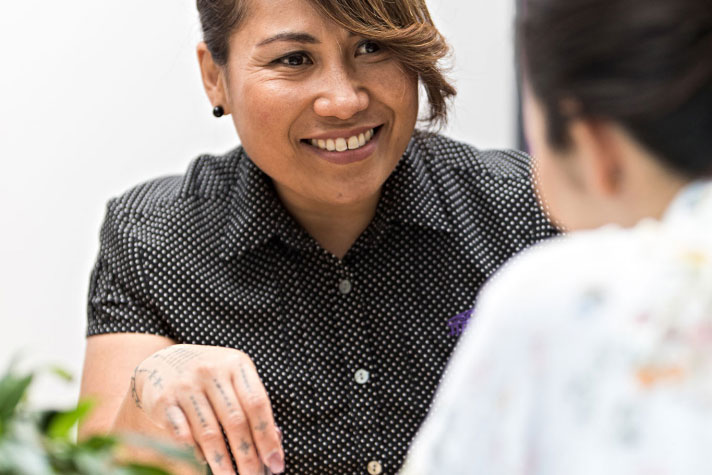
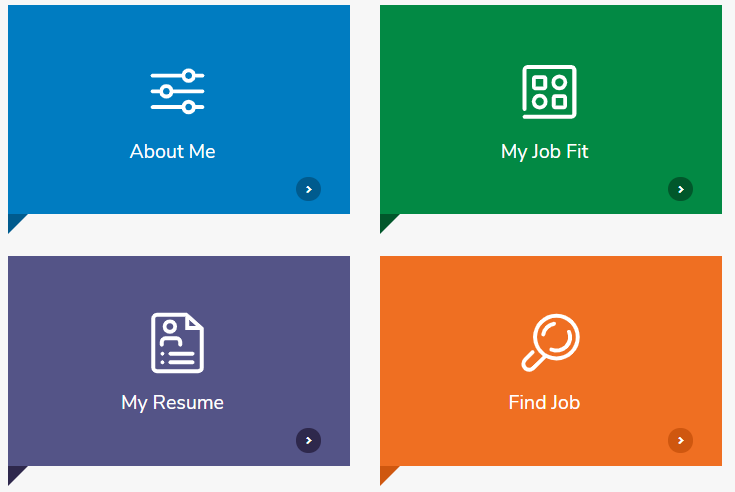

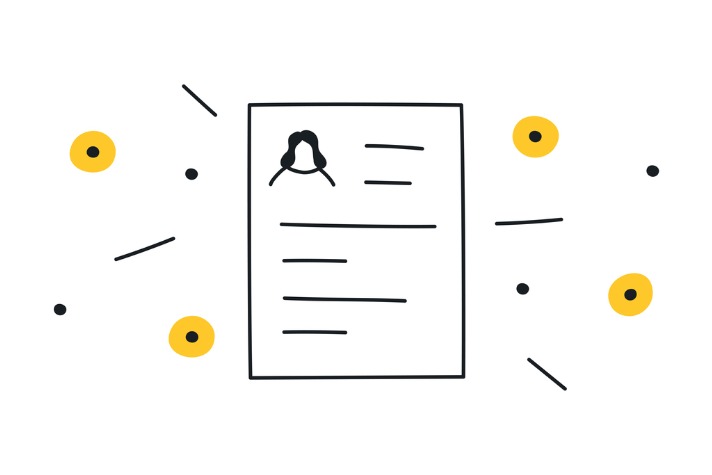

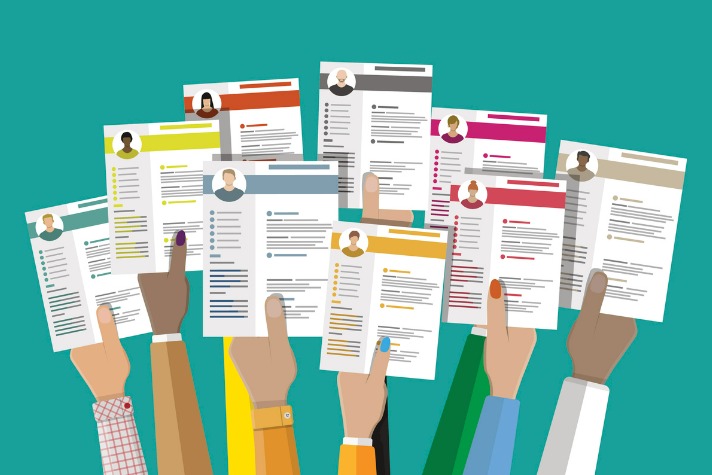
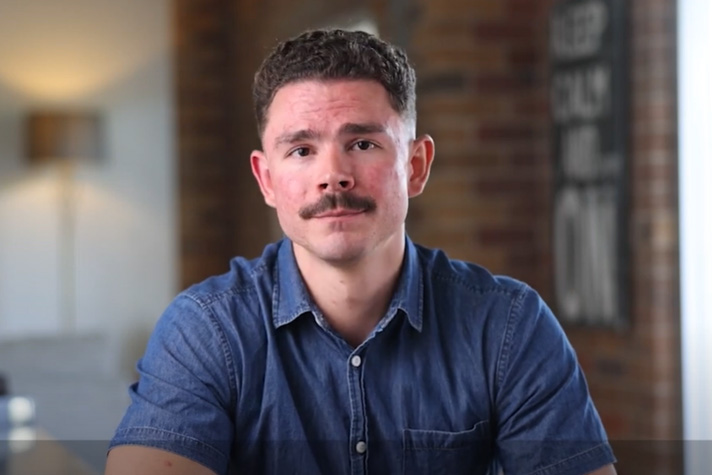












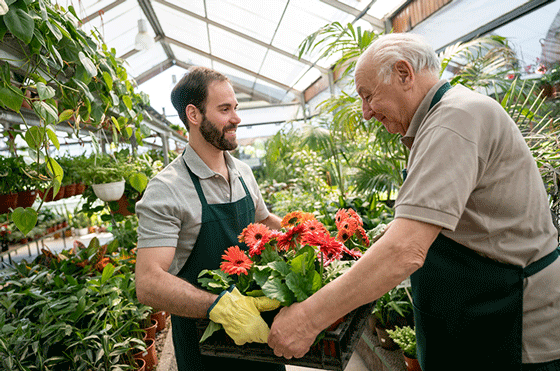




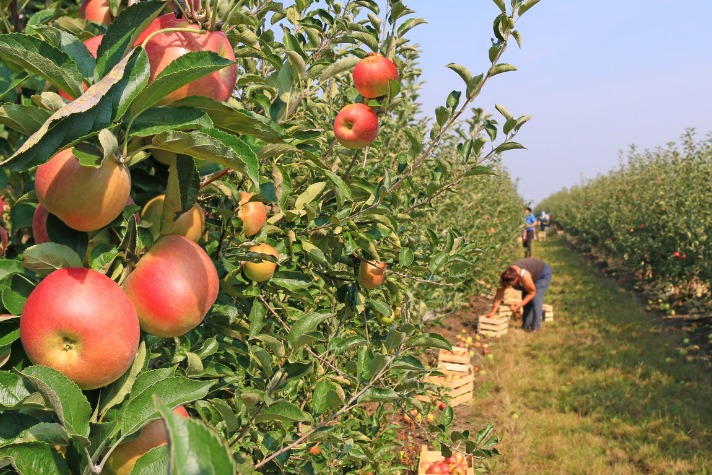

.jpeg)
